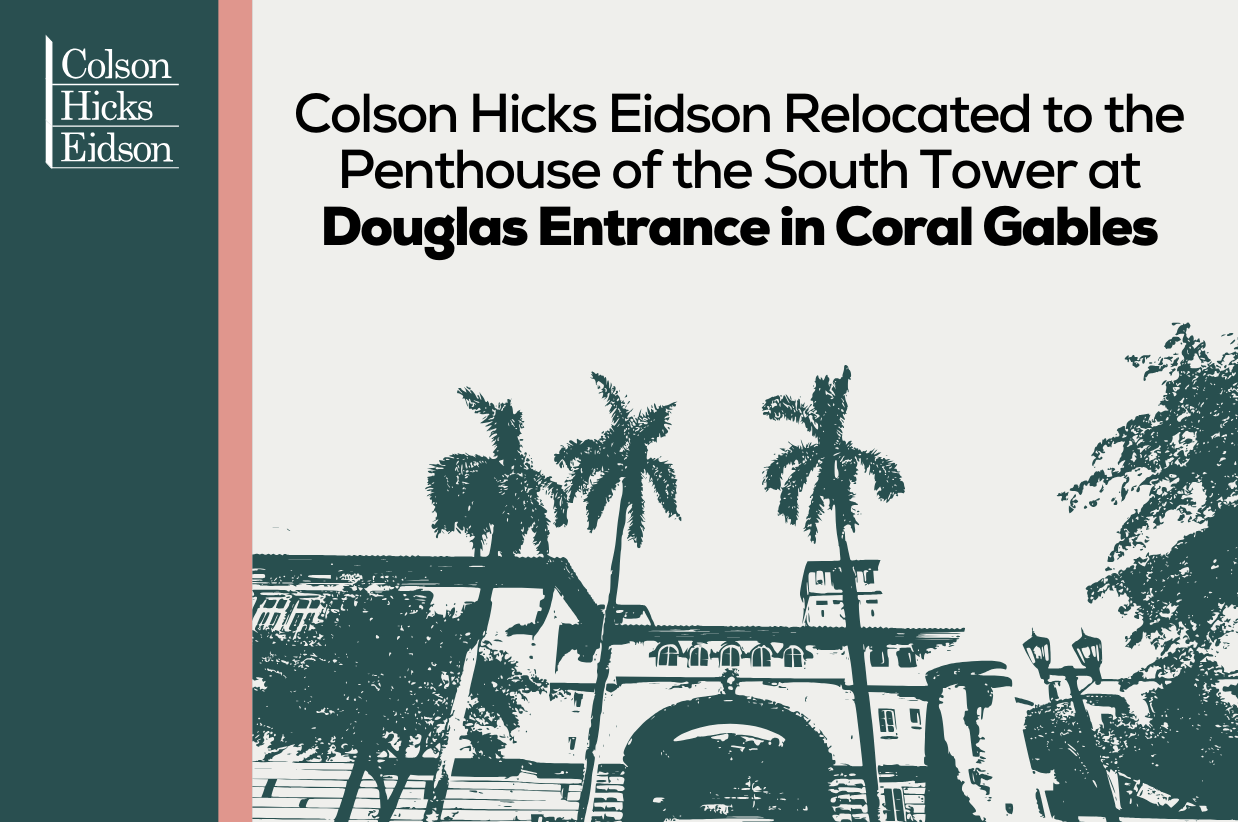Up until recently, Tesla has not been subject to much noteworthy litigation. That is set to change. A Florida judge has recently decided that, despite Tesla’s request for dismissal, a case involving deaths potentially resulting from a design flaw in a Tesla vehicle can move forward.
The Background of Tesla’s Upcoming Jury Trial
In 2018, 18-year-old Barrett Riley was driving his father’s Tesla Model S when he reached a speed of 116 mph. Accompanying Riley was his friend, Edgar.
At some point, Riley lost control of the vehicle and crashed into a residential concrete wall in Fort Lauderdale. Upon colliding with the wall, the vehicle caught fire, resulting in the deaths of both Riley and his friend.
Riley’s father, James, took legal action, filing a product liability suit in Florida federal court approximately two years after the accident occurred. According to Riley’s suit, there is reason to believe his son would have survived the crash had the vehicle’s lithium-ion batteries not caught fire. The suit is based on the belief that the batteries caught fire as a result of a defect.
Additionally, James Riley alleges that his wife had asked for a speed-limiting device to be installed, but that it had been removed from the vehicle. This speed limiting device would have prevented the vehicle from traveling at speeds in excess of 85 mph. Curt Miner, an attorney with Colson Hicks Eidson who is representing the family, has stated “We very much look forward to proceeding to trial in this important case against Tesla.”
Tesla’s Response
Tesla’s initial reaction to the suit was to request that it be dismissed. This request was not granted. U.S. Magistrate Judge Alicia Valle determined there was sufficient evidence indicating Tesla negligently removed or handled the speed limiting device and that the battery genuinely was defective or improperly designed.
Tesla also argued that the speed limiting device was removed upon the request of Barrett Riley himself. Additionally, the company has argued that it is not uncommon for vehicles to catch fire when they are involved in collisions. Tesla’s argument is that the family has not offered any proof that a defect was the cause of the fire that resulted from this particular crash.
However, the Magistrate Judge found that Tesla had allowed the speed limiting device to be removed without the consent of Barrett Riley’s parents. They also had not been provided with notice that the speed limiter had been removed.
To illustrate to a jury that the battery in their Model S was defective, the Rileys have retained the services of an expert who will testify that the absence of certain fire-retardant materials allowed the fire to spread and claim the lives of both Riley and his friend Edgar. It is worth noting that the National Transportation Safety Board reviewed the accident and arrived at the conclusion that the two young men lost their lives due to the fire and not necessarily the crash. A passenger in the rear of the vehicle who was not wearing their seatbelt was ejected as a result of the collision, but they survived despite sustaining multiple fractures.
Contact a Miami Car Accident Attorney
Tragedies such as this serve as reminders that car designers and manufacturers must be held accountable when design flaws result in harm or death. If you have been involved in a motor vehicle accident that you believe may have been caused by a defect or design flaw, get in touch with a Miami car accident attorney at Colson Hicks Eidson to discuss pursuing any compensation for which you may be eligible. Contact us online or call us at 305-476-7400 to schedule your case review.





